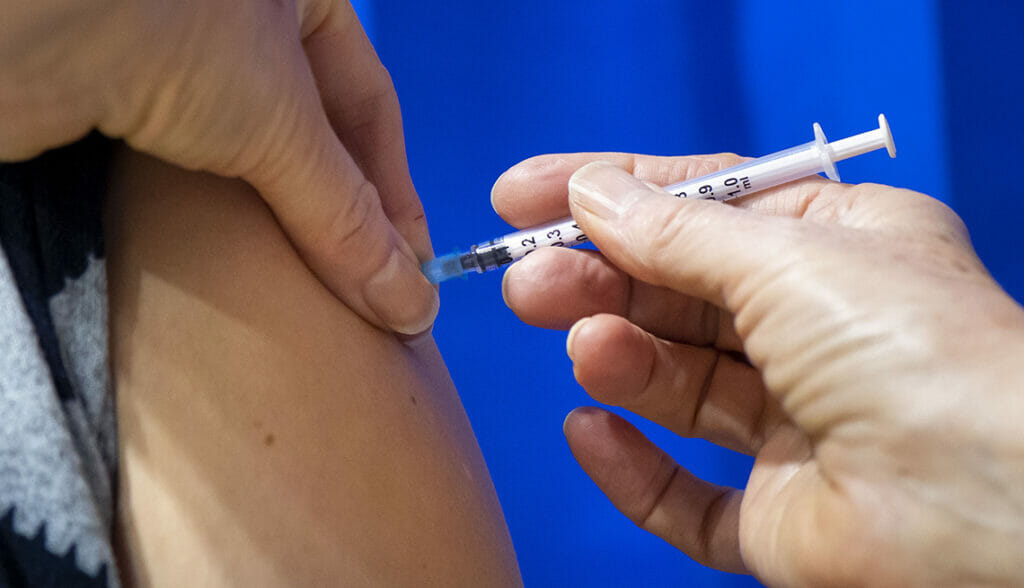Pfizer has announced that its experimental oral pill for COVID-19, PAXLOVID, worked against the Omicron variant in laboratory studies.
Recall that Pfizer had announced in November that the pill helps to reduce the rate of hospitalisation and death by 89 percent.
It had also asked the United States Food and Drug Administration to authorise the pill, based on a preliminary batch of data.
The development is part of worldwide efforts in the search for treatment options that can be taken at home to ease COVID symptoms, speed up recovery and reduce the burden on hospitals and doctors.
Pfizer in its announcement on Tuesday also said its antiviral pill helps to prevent severe disease.
“We are confident that, if authorized or approved, this potential treatment could be a critical tool to help quell the pandemic,” Albert Bourla, Pfizer’s chief executive, said.
According to the company, when given within three days of the onset of symptoms, PAXLOVID reduced the risk of hospitalisation and death by 89 percent, and when given within five days, the risk was reduced almost as much — to 88 percent.
It said 0.7 percent of patients who received PAXLOVID were hospitalised within 28 days of entering the trial and none died.
The results were based on an analysis of 2,246 unvaccinated volunteers at high risk of severe disease.
Pfizer also released preliminary data from a separate trial focused on people at lower risk — the group of 662 volunteers included vaccinated people who carried a risk factor for severe disease, as well as unvaccinated patients with no risk factors.
PAXLOVID was said to have reduced the risk of hospitalisation and death by 70 percent.
In both trials, most of the volunteers were infected with the Delta variant but Pfizer said on Tuesday that in laboratory experiments, PAXLOVID also performed well against the Omicron variant.
Mikael Dolsten, the chief scientific officer of Pfizer, said the company would have 180,000 courses of treatment ready if PAXLOVID was authorised soon.
He added that the company plans to make 80 million courses available worldwide in 2022.
